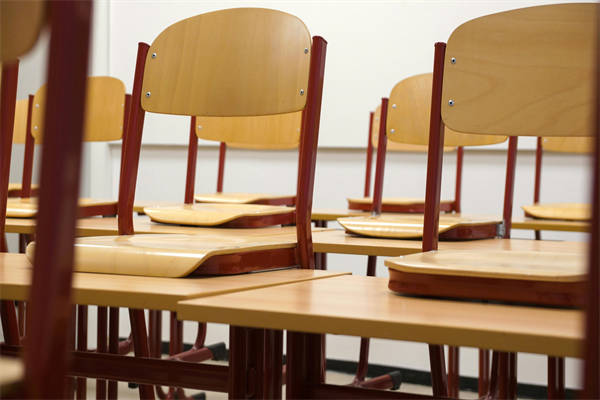Top 5 Frequently Asked Questions About Living in Shanghai
.png)
Shanghai, the bustling metropolis of China, is a city that never ceases to amaze with its vibrant culture, cutting-edge technology, and world-class amenities. Whether you're planning to move here for work, study, or leisure, there are several common queries that potential residents often have. Here are the top 5 frequently asked questions about living in Shanghai, along with detailed answers to help you navigate this incredible city.
What are the best neighborhoods to live in Shanghai?
Shanghai offers a diverse range of neighborhoods, each with its own unique charm and lifestyle. Here are some of the most popular areas:
- Pudong New Area: Known for its modern skyline, Pudong is the epitome of Shanghai's contemporary urban life. It's home to the iconic Oriental Pearl Tower and offers a wide array of international schools, shopping malls, and dining options.
- Xuhui District: A blend of traditional Shanghai and modern living, Xuhui is a great choice for families. It has excellent schools, lush parks, and a variety of residential complexes with amenities like swimming pools and gyms.
- Huangpu District: The historic heart of Shanghai, Huangpu is where the Bund and the Shanghai World Financial Center are located. It's a great place for those who enjoy a mix of old and new, with plenty of restaurants, bars, and cultural attractions.
- Jing'an District: Jing'an is a bustling area with a mix of residential, commercial, and entertainment spaces. It's known for its high-end shopping, dining, and nightlife, making it a favorite among young professionals.
- Changning District: Changning is a family-friendly district with a strong emphasis on education. It has many international schools and a variety of parks and recreational facilities.
How is the cost of living in Shanghai?
The cost of living in Shanghai can vary greatly depending on your lifestyle and the area you choose to live in. Here are some general guidelines:
- Rent: Rents in Shanghai can be quite high, especially in the central business districts and popular neighborhoods. A one-bedroom apartment in a central area can cost anywhere from 20,000 to 40,000 RMB per month.
- Food: Eating out in Shanghai is relatively affordable, with a variety of international and local cuisines available. You can expect to spend around 500-1,000 RMB per month on groceries and dining out.
- Transportation: Public transportation in Shanghai is efficient and affordable. A monthly public transport card can cost around 100-200 RMB, while a car can be quite expensive to own and maintain.
- Utilities: Utilities such as electricity, water, and gas are generally affordable, with an average monthly cost of around 300-500 RMB.
What are the best schools in Shanghai?
Shanghai is home to some of the best international schools in China, catering to expatriates and local families alike. Here are a few notable institutions:
- The British International School of Shanghai: A well-established school with a strong academic reputation and a diverse student body.
- The American School of Shanghai: Known for its rigorous academic program and excellent facilities, this school is a top choice for many expatriate families.
- The French School of Shanghai: A prestigious school offering a French curriculum and a strong emphasis on language and culture.
- The German School of Shanghai: A high-quality educational institution with a strong focus on German language and culture.
How safe is Shanghai for expatriates?
Shanghai is generally considered a safe city for expatriates. The crime rate is low, and the city has a well-developed infrastructure. However, as with any large city, it's important to take standard precautions:
- Stay vigilant: Keep an eye on your belongings, especially in crowded areas.
- Use reputable taxis: Only use licensed taxis or ride-sharing services like Didi and Uber.
- Be aware of scams: Be cautious of fraudulent schemes, especially when dealing with money or personal information.
- Stay informed: Keep up to date with local news and follow the advice of the local authorities.


.png)
.png)
.png)